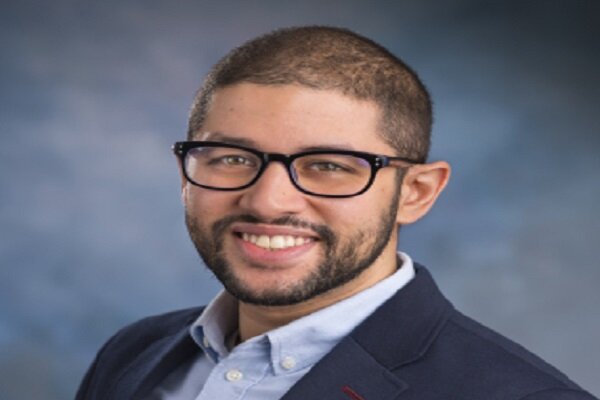News coverage can ‘influence people's perceptions’: media expert

TEHRAN - Kareem El Damanhoury, an assistant professor of media and journalism studies at Denver University, tells the Tehran Times that news coverage can “influence people's perceptions of what's happening on the ground”, saying “tone of the coverage matters.”
Damanhoury, who is a freelance journalist with 10 years of media experience in the U.S. and the Arab world, says “social media constitute a platform for youth to express their views and a facilitator to organize rallies and protests on the ground as we've seen in the past. But that does not mean that social media is the cause of the Arab Spring uprisings or any other social movement over the past two decades.”
Here is the full text of the interview:
Q: Please tell us more about the relationship between media and conflicts in West Asia.
A: Media has always been an integral part of conflict since the day of cave paintings documenting battle victories. And today's conflicts in West Asia are no different as state and non-state actors across the region use the media to project their views of the world.
Q: ISIS greatly enjoyed social media to recruit terrorists from different parts of the world. The question is why did not Twitter and Facebook close the group’s accounts?
A: Twitter and Facebook did crackdown on ISIS's social media presence closing out thousands of accounts, especially after the 2015 Paris attacks. But what happened afterward? ISIS migrated to the encrypted app Telegram. And even when the Europol cracked down on the group's presence on Telegram in November 2019, the group moved to other encrypted messaging apps like Hoop and TamTam, among many others. So, here's the thing, there's no way social media companies will be able to fully eradicate the presence of militant groups online.
Q: Since there is no clear definition of “terrorism” among states, big powers affect media policies. As an expert, what’s your solution to this challenge?
A: And I highly doubt there will ever be a consensus on the definition of terrorism among states. As for a solution, this is the one-million-dollar question. I think that one of the steps in the right direction would be for the media and journalists to give equal attention to violent actions of the same magnitude regardless of the race, ethnicity, and/or religion of the perpetrator.
Q: As you know social media played a critical role in the Arab uprising. What is your view on it?
A: Social media constitute a platform for youth to express their views and a facilitator to organize rallies and protests on the ground as we've seen in the past. But that does not mean that social media is the cause of the Arab Spring uprisings or any other social movement over the past two decades. There are numerous political, social, and economic factors that push people to the streets.
Q: And a question about the current situation in the United States. Protests over the death of George Floyd continue to rage across the country. What do you think about the protests? How do you assess the role of media in the protests?
A: News coverage can influence people's perceptions of what's happening on the ground and thus the tone of the coverage matters. And in the U.S. like many other countries, the reporting on issues and events, including the protests, can vary across outlets. So, Fox, which caters more to conservative viewers, tends to report on things very differently from Trevor Noah's satirical commentary on The Daily Show, let's say, which targets more liberal viewers.
